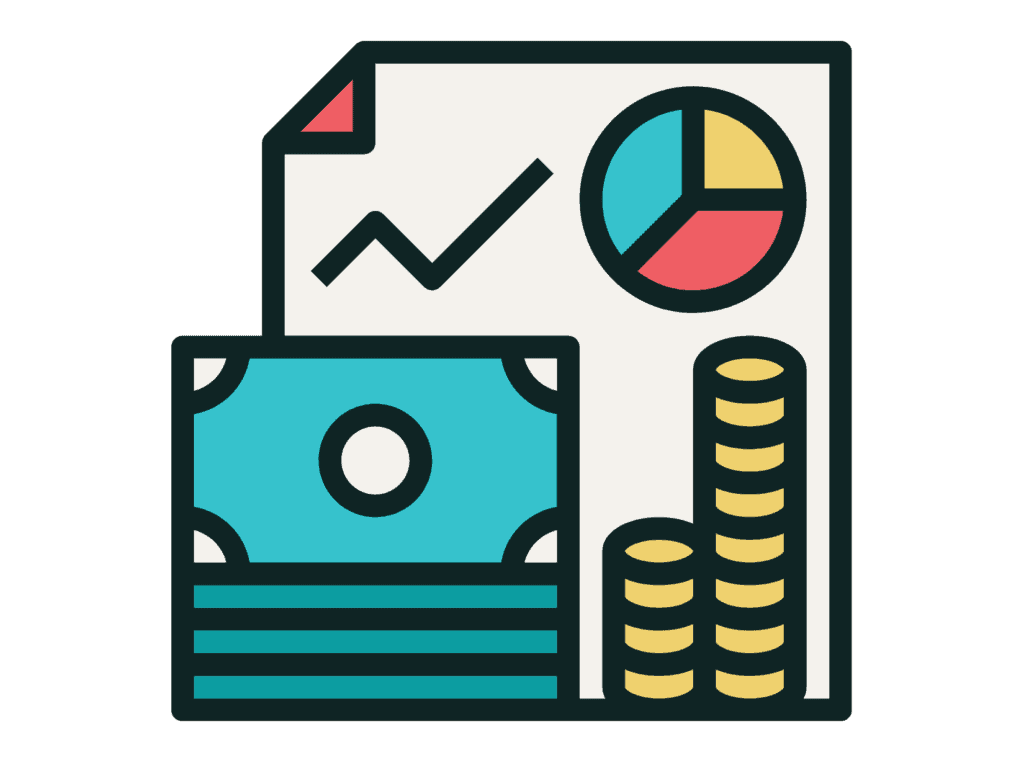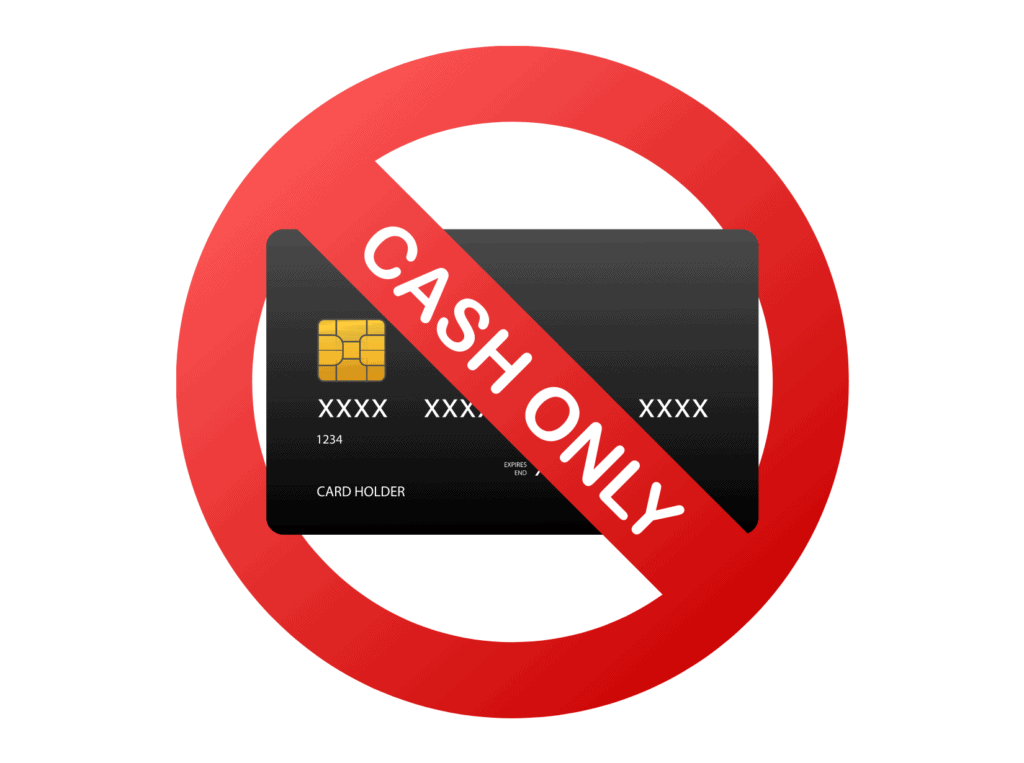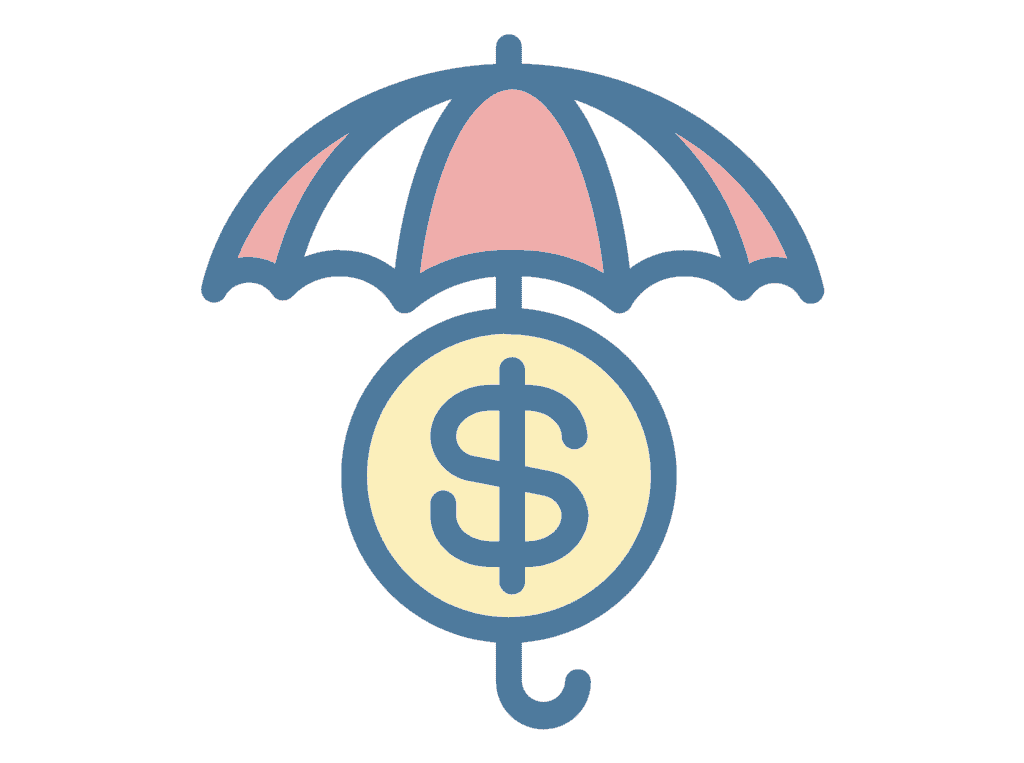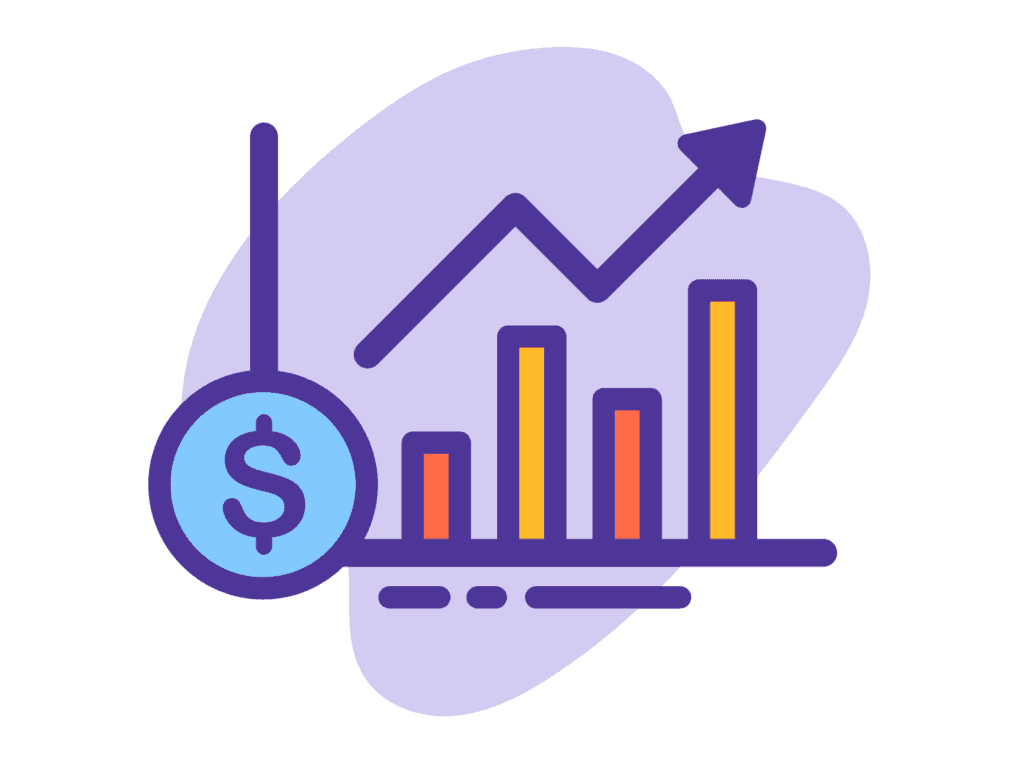If you plan on saving for the future, you need to know a few essential things first.
And in this blog post, we’ll show you 8 practical ways you can effectively save your funds to reach your financial goals.
In fact, these tips below have allowed my wife and me to become our family’s first-ever millionaires and enabled us to buy 3 properties outright.
So if you want to know what budgeting apps to use, how F.A.I.L.’ing can help you, or how finding your passion can make your savings goal a breeze…
Check out the helpful blog below!
Why Is It Important To Save Money For The Future?
Why should you save money? Well, there are various reasons. First, it can help you reach financial independence, allow you to live a comfortable lifestyle in retirement, provide security in case of an emergency, and avoid the dreaded lifestyle creep.
When you save money regularly, you are less likely to rely on credit cards or loans to cover unexpected expenses. This can help you avoid debt and keep your finances under control.
Saving money for the future can also help you reach your long-term financial and investors goals, such as buying a home or retiring early. By investing in yourself and your future, you can ensure that you have the resources you need to live the life you want (and also avoid some unnecessary expenses in retirement).
So start saving today!
How To Save For The Future (8 Helpful Ways)
1. Budget

It’s a word that can make even the most rational person cringe. But without a budget, it’s impossible to save for the future – something we all want to do.
There are lots of positive benefits of a budget. For one, it keeps you mindful of your spending habits to make changes where necessary. Additionally, it helps you allocate your money to align with your financial goals.
One of the best ways to make budgeting easier is using the free money management app Personal Capital. Personal Capital creates a budget plan tailored to your unique situation, and it also gives you access to free professional advice. So if you’re looking for help getting your finances in order, check out Personal Capital.
With a budget in place, you’ll be well to a successful savings plan. And that’s something we can all feel good about. 😊
2. Set A Financial Independence Number
Setting a financial independence number is crucial if you want to pinpoint your savings plan. This number gives you a goal to work towards, and once you reach it, you can stop working. For example, if your financial independence number is $2 million, you know you need to save $2 million by a certain age to retire. Of course, this number varies for everyone based on their lifestyle and savings goals.
You can set your financial independence number by calculating your monthly expenses and subtracting them from your current income. This will estimate how much you need to save each month to reach your goal. You can also use a retirement calculator to help you set your financial independence number.
There are many benefits to setting a financial independence number. First, as stated above, it helps you focus your savings plan and gives you a goal to work towards.
Additionally, it can help to keep you motivated as you watch your savings grow.
Finally, it gives you a way to measure your progress and see how close you are to achieving financial independence.
If you don’t have a financial independence number set yet, now is the time to do it. It’s an essential step in saving for your future and will help you reach your goals.
3. Use Cash Only

Do you want to know how to save money every month?
One good way is to use cash only.
It’s a proven fact that using cash only will help you save money and reach your financial goals more quickly. Here are some examples of how you can use cash-only to stay on track:
1. When you’re grocery shopping, only bring enough cash to cover the items on your list. This will help you stick to your budget and avoid impulse purchases.
2. If you have a specific savings goal in mind, withdraw the cash you need and put it in an envelope marked with your plan. Knowing that the money is off-limits for other expenses will help you stay disciplined.
3. When you’re out to eat, only bring enough cash to cover your meal and tip. This will help you avoid overspending on unnecessary items like drinks or desserts.
Using cash only has numerous benefits to help you reach your financial goals. Withdrawing cash ahead of time will help you stick to your budget and avoid overspending. It’s a simple but effective way to save money!
4. Automate Your Savings
Saving can be difficult, especially if you have a lot of expenses. One way to make it easier is to automate your savings. This means setting up a system where money is automatically transferred from your checking account into your savings accounts every month.
There are several benefits to automating your savings:
- You’re less likely to spend the money if it’s not in your checking account.
- It’s a set amount that you know you can afford to save every month.
- Automating your savings can help you reach your financial goals faster.
If you’re interested in automating your savings, talk to your bank or financial advisor to set up a system that works for you.
5. Create An Emergency Fund

56% of folks in the U.S. CAN NOT COVER AN EMERGENCY EXPENSE!
That is no bueno.
If you want to save for your future, it is crucial to create an emergency fund. An emergency fund is a savings account that you use for unexpected expenses, like medical bills or car repairs.
Building an emergency fund is important because it helps cover unexpected costs without going into debt. It also gives you peace of mind knowing that you have a cushion to fall back on if something goes wrong.
There are a few different ways to build an emergency fund. One way is to set aside a fixed amount of money each month. Another way is to save up windfall money, like tax refunds or bonuses.
Whichever method you choose, the important thing is to get started! Having an emergency fund can help you reach your financial goals and gain peace of mind.
6. Invest

You need to invest.
Why?
For one thing, it allows you to make more money while taking less risk than just gambling it away or random stock picking. For example, if you invest in a mutual fund that tracks the S&P 500, you can expect to make about 7% per year on average over the long term. This is much better than you would do by picking stocks yourself or gambling.
Investing is also important because it allows you to beat inflation. Inflation is how prices for goods and services go up over time. The average inflation rate in the United States has been about 3% per year for the past century. This means that if you don’t invest, the purchasing power of your money will go down over time.
Investing is also an excellent way to diversify your income. This means that if one source of income dries up, you will still have others to fall back on. So, for example, if you invest in stocks, bonds, and real estate, and one of those asset classes goes down in value, you will still have the others to help offset the losses.
There are a lot of different ways to invest, but one of the simplest and most popular is using the Robinhood app. Robinhood allows you to buy and sell stocks without any commissions or fees. This makes it a great way to start investing without having to pay a lot of money in fees.
So if you’re looking to save for your future, investing is a great way to do it. And with Robinhood, it’s easy and affordable to get started.
7. F.A.I.L. (First Attempt In Learning)
If you’re going to be a successful saver, you need to F.A.I.L.
F.A.I.L. doesn’t mean that you’re a failure; it simply stands for First Attempt In Learning. And when it comes to saving for later, there’s a lot to learn.
The good news is, by definition, you can’t fail at learning. You can only get better with each attempt. So don’t be discouraged if your first attempts at saving aren’t perfect. Just keep trying, and you’ll eventually get it right.
Here are a few examples of why F.A.I.L.ing can actually help you save more money:
- It shows that you’re willing to try.
- It means you’re not afraid of making mistakes.
- It shows that you’re dedicated to improving your financial situation.
- It proves that you can learn from your mistakes and make progress.
- It allows you to correct any mistakes you might have made and avoid them in the future.
So don’t be afraid to F.A.I.L. when it comes to saving for your future. It’s the only way to learn and improve your financial situation.
8. Get An Inexpensive Hobby

You don’t have to spend a lot of money on an expensive hobby to save more for later. In fact, an inexpensive hobby can actually help you save in the long run!
Here’s why: you’ll be less likely to spend money on things like concert tickets or nights out on the town when you have a hobby that you love. Instead, you’ll be content spending your free time doing something you enjoy without spending much money.
Plus, starting an inexpensive hobby can be easy and affordable. For example, you can create a blog for just $2.95 with Bluehost. So if you’re looking to save some cash and still have a lot of fun, consider getting an inexpensive hobby!
F.A.Q.
What does it mean to save for the future?
It means setting aside money each month to help reach your long-term financial goals. This could include buying a house, saving for retirement, or building up an emergency fund.
What is the 30-day rule?
The 30-day rule is a strategy that can help you make better financial decisions. It involves waiting 30 days before making a purchase so that you have time to ponder whether or not you really need or want the item. This is not only one of the best way to save for the future, but it can also help you avoid impulsive spending and save more in the long run.
How do I start investing for my future?
There are a few different ways to save for your future:
- You can open savings accounts at your local bank or credit union. This is a great way to get started because it’s easy, and you can make regular deposits.
- You can start investing in stocks, bonds, or other investment vehicles. This can be a bit more complicated, but it can also offer the potential for higher returns.
- You can also start saving for specific goals, like retirement or a down payment on a house. This can help you stay focused and motivated to save.
How can I double my savings in 7 years?
You can double your savings in 7 years by investing in various assets, including stocks, bonds, and cash. You can also use dollar-cost averaging to help reduce the risk of investing all at once. Another option is saving money in specific accounts, such as a Roth I.R.A., which offers tax advantages.
What are the easiest ways to save money?
- Setting a budget and sticking to it
- Cutting back on unnecessary expenses
- Utilizing coupons and discounts
- Comparison shopping
- Buying in bulk
- Avoiding impulse purchases
- Planning ahead for big-ticket items
- Investing in quality over quantity
Summary
Congratulations, you have made it to the end! You now know eight essential things about saving for your future. It’s important to remember that everyone’s situation is different, and what works for one person might not work for another. But, if you take these tips to heart and put some effort into saving money each month, you will be on your way to a bright financial future. So go forth and save like a pro!
So what money-saving tip will you use?
Will you organize your personal finances with Personal Capital?
Or will you use Robinhood to score some good investments?
Hello! I'm Charles. 1st gen millionaire, real estate investor, health enthusiast, and military veteran. In the last 17 years, I have managed billions of dollars of resources for the Department of Defense. Created financial management plans that enabled fellow service members to get out of thousands of dollars in debt and tailored wellness plans that helped people reverse and eliminate high-blood pressure, pre-diabetes, and obesity. Learn more about me here.